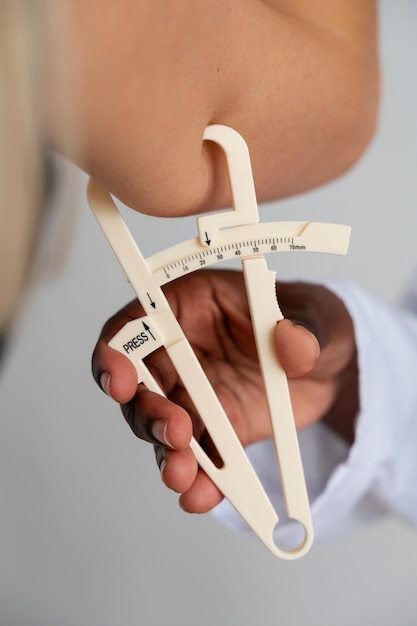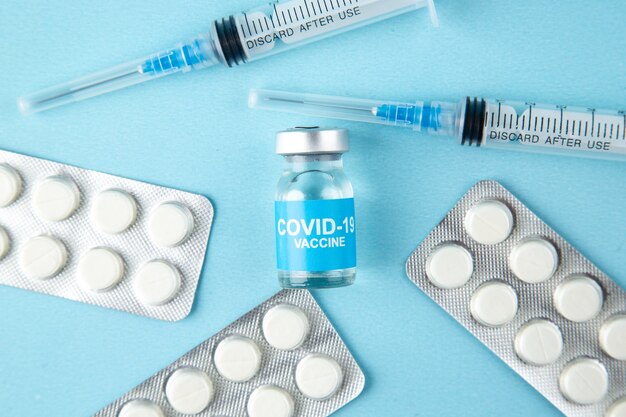
BENTYL acts as both an antispasmodic and an anticholinergic (antimuscarinic) agent. It is available in the form of a BENTYL injection, which is a sterile solution intended for intramuscular use (NOT for intravenous use). Each ampoule contains 20 mg/2 mL (10 mg/mL) of dicyclomine hydrochloride dissolved in sterile water and made isotonic with sodium chloride.
Dicyclomine hydrochloride is represented chemically as follows: [Bicyclohexyl]-1-carboxylic acid, 2-(diethylamino) ethyl ester, hydrochloride, with the formula C19H35NO2•HCl. It has a molecular weight of 345.95 and is a white, odorless, crystalline powder with a bitter taste. It dissolves well in water, more so in alcohol and chloroform, but has limited solubility in ether.
How Long Does Bentyl Stay in Your System?
Typically, Bentyl (dicyclomine) stays in your body for a short time, with a half-life of about 1 to 2 hours. This means that after this period, half of the drug has been processed and eliminated. However, the effects might last longer than the drug’s presence due to its impact on receptors and tissues. If you have concerns or questions about how long Bentyl affects you, it’s best to consult a healthcare professional.
Usage Indications:
BENTYL® is used to treat functional bowel or irritable bowel syndrome.
Dosage and Application:
The dosage should be tailored to each person’s needs.
Intramuscular Dosage and Application in Adults:
Bentyl should only be given intramuscularly, not by any other method. The typical intramuscular dose is 10 mg to 20 mg, four times daily. This form of treatment is usually limited to 1 or 2 days, mainly when oral medication isn’t possible. The intramuscular injection is about twice as bioavailable as oral forms.
Preparation for Intramuscular Administration:
Before use, check the solution for particles or discoloration, if possible. Make sure to withdraw the syringe before injection to avoid intravascular injection, which might cause thrombosis.
Presentation and Potency:
Bentyl injection is offered in 20 mg/2 mL strength.
Storage and Handling:
Store Bentyl Injection at room temperature, ideally below 86°F (30°C), and protect from freezing.
Side Effects:
Side effects are mainly related to its action on muscarinic receptors. These effects often depend on the dosage and tend to reverse after stopping the medication.
Experience from Clinical Trials:
Adverse reactions observed in clinical trials can’t always be compared directly between different drugs or predict real-world experiences. In trials with over 100 patients using dicyclomine hydrochloride for irritable bowel syndrome, common side effects were linked to its anticholinergic properties. Table 1 shows these effects with the frequency of occurrence.
Interactions with Other Medications:
– Antiglaucoma agents may be adversely affected by anticholinergic activity.
– Other drugs with anticholinergic effects, such as antihistamines or tricyclic antidepressants, can enhance Bentyl’s side effects.
– Drugs affecting gastrointestinal motility may interfere with substances like metoclopramide.
– Antacids can reduce the absorption of Bentyl and should not be used together.
Effects on the Absorption of Other Medications:
Anticholinergic agents may alter the absorption of other drugs by impacting gastrointestinal motility. For instance, Bentyl may affect the absorption of digoxin.
Unintentional Intravenous Administration:
Bentyl is meant only for intramuscular use. Administering it intravenously could cause complications like thrombosis.
Cardiovascular Conditions:
Care is needed when administering to patients with conditions like thyrotoxicosis or congestive heart failure, which can be exacerbated.
Peripheral And Central Nervous System Effects:
Effects include dry mouth, pupil dilation, and potentially arrhythmias. Symptoms generally subside after stopping the drug.
In High Environmental Temperature:
With drug use, overheating effects like heatstroke can occur due to reduced sweating. If symptoms appear, stop the medication and take necessary measures.
Central Nervous System Effects:
The central nervous system may experience confusion, hallucinations, or other behavioral disturbances, typically resolving within a day after discontinuation.
Potential Impairment:
Bentyl may cause dizziness or blurred vision, so avoid activities that need full alertness if affected.
Myasthenia Gravis:
Bentyl can lead to muscle weakness and should generally be avoided in myasthenia gravis, except to relieve adverse effects of anticholinesterase medication.
Intestinal Conditions:
In cases of diarrhea indicating partial intestinal obstruction, Bentyl might be harmful and inappropriate.
Prostatic Enlargement:
Caution is needed as Bentyl may cause urinary retention in individuals with enlarged prostate.
Hepatic And Renal Impairment:
Use Bentyl cautiously in patients with liver or kidney impairment due to potential risk.
Elderly Population:
Older adults might experience more pronounced side effects and should start with lower doses.
Nonclinical Safety:
Animal studies haven’t shown harm, but these results don’t always translate to humans, advising cautious use during pregnancy.
Nursing Mothers:
Since Bentyl passes into breast milk, it may cause serious effects in infants, making it necessary to choose between stopping the drug or breastfeeding.
Pediatric Use:
The safety for children hasn’t been established, and it is contraindicated in infants below six months.
Geriatric Use:
There’s limited information on responses in older adults, so cautious dosing is recommended, especially due to possible additional health considerations.









